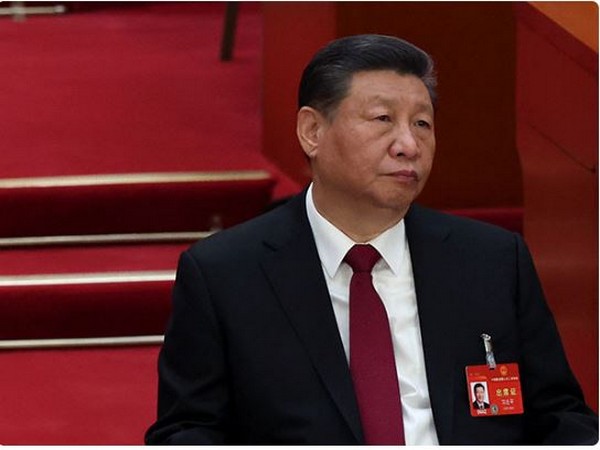China's Expanding Detention Facilities: A Deeper Dive into Xi Jinping's Anti-Corruption Crusade
China has expanded over 200 specialized detention centers nationwide as part of President Xi Jinping’s expansive anti-corruption drive, targeting not just party members but public sectors. This system, operating in secrecy for years, has now become a permanent element of Xi's authoritative rule.

- Country:
- China
Amid President Xi Jinping's aggressive anti-corruption campaign, China has reportedly expanded over 200 specialized detention facilities across the country. This development is part of Xi's broader strategy to extend his crackdown beyond the confines of the Communist Party, targeting an array of public sectors.
Since assuming office in 2012, Xi has launched an intensive campaign against corruption, targeting political adversaries to solidify his grip on the party and the military. Now in his third term, this anti-corruption campaign is a persistent feature of his tenure, targeting not only government officials but also private entrepreneurs and administrators in schools and hospitals, irrespective of their party affiliation.
According to reports by CNN, the enhanced detention system, known as "liuzhi" or "retention in custody," involves facilities equipped with padded surfaces and constant surveillance, where detainees can be confined for up to six months without legal or familial contact. This extends an existing system historically employed by the Communist Party to maintain control and instill fear within its ranks.
China's Communist Party has operated this clandestine detention network for decades, focusing on officials suspected of corruption and misconduct. The Central Commission for Discipline Inspection (CCDI) runs this system under a veil of secrecy, detaining individuals in undisclosed locations without access to lawyers or visits from family.
Xi Jinping's administration notably abolished the controversial "shuanggui" practice in 2018 in light of mounting criticism over abuses, including torture and coerced confessions, demonstrating a response to concerns about the party's investigatory tactics.
(With inputs from agencies.)









